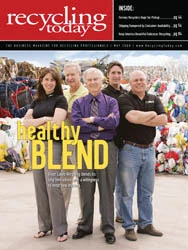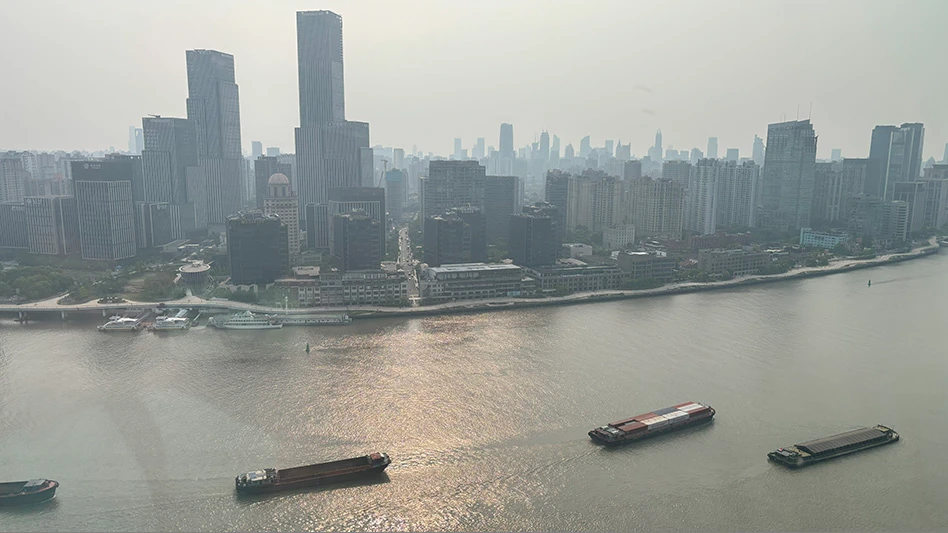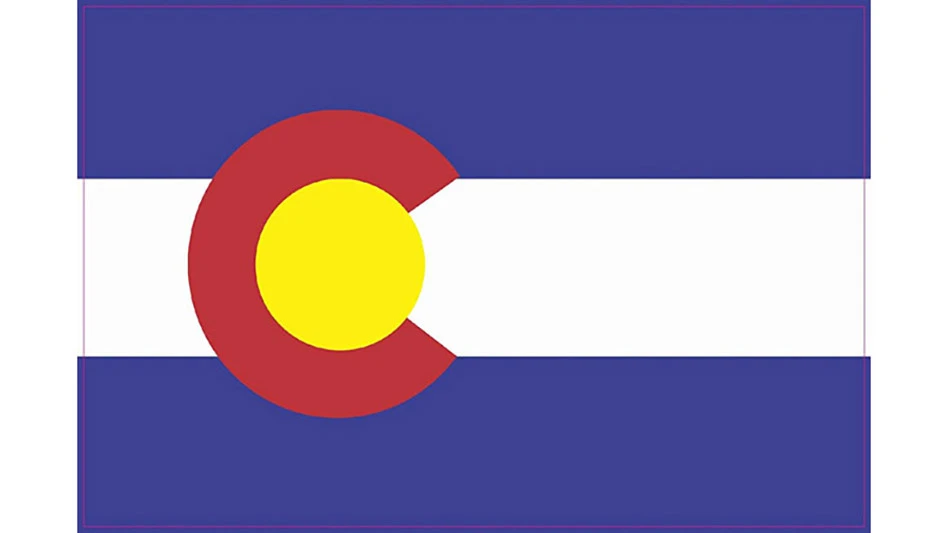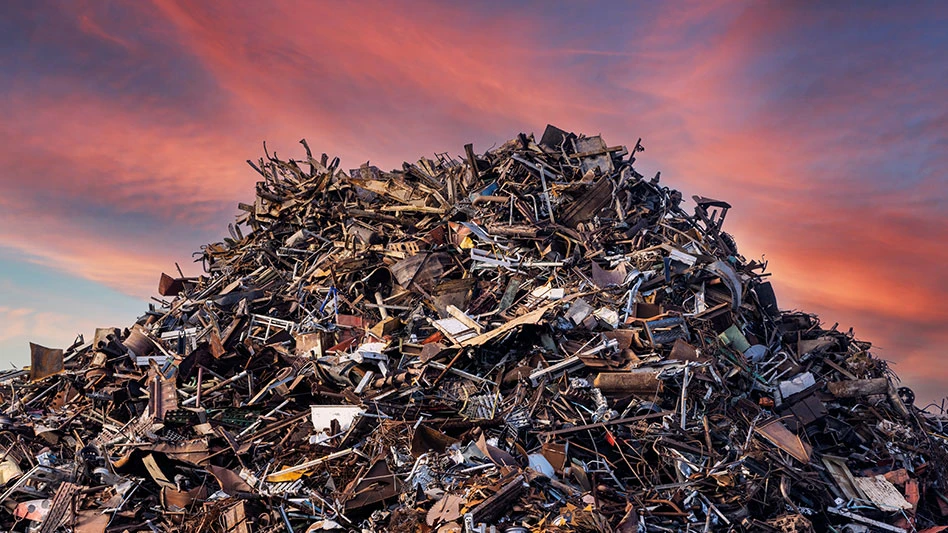Seattle Looks to Boost Recovery with new Curbside Program
The city of Seattle has rolled out a new recycling program with the intention of increasing overall recyclable recovery levels in the city.
Under the program, the city has reconfigured collection routes for the new, low-emission trucks haulers Waste Management and CleanScapes will be using to collect recyclables from residents every other week.
Under the new program, glass containers are collected in recycling carts rather than separate from the rest of the commingled material. The city’s collection program also has expanded to include paper and plastic cups, deli trays, aluminum foil and plastic planters.
Weekly food and yard waste collections also have been introduced for all single-family households in the city.
City residents can now place used motor oil curbside for recycling as well as TVs, computers and other electronic items that are no larger than 2 feet by 2 feet by 2 feet and weigh no more than 60 pounds. Bulky items also will be collected through a special service.
Seattle’s goal is to divert 60 percent of all its generated waste to recycling or composting by 2012. The city’s current diversion rate is 48.4 percent.
California DOC Hikes Container Redemption Prices
The California Department of Conservation (DOC) has increased a subsidy to beverage container recyclers. The change, which went into effect April 1, recognizes the challenges recyclers, especially those handling plastic containers, are contending with in light of the sharp drop in plastic scrap prices, according to the DOC.
The payment will increase by about $770,000 per month, bringing overall monthly payments to more than $3.7 million allocated among operators of about 2,000 recycling centers in the state. Allocations are based on the volume of plastic bottles recycled, with higher volumes resulting in higher allocations. A fee beverage manufacturers pay on beverages sold in California provides funding for the program.
"The current adjustment being made to the processing payment by the Department of Conservation is welcomed by our industry and is a better reflection of the market during these very difficult economic times," says Jason Young, vice president of The Allan Co., a recycling firm based in Baldwin Park, Calif., that serves a number of Southern California cities.
The CRV is 5 cents on containers less than 24 ounces and 10 cents on containers 24 ounces or larger. Most beverages packaged in aluminum, glass and plastic are included in the program, with the exception of milk, wine and distilled spirits.
New York State Expands Bottle Bill
The New York State legislature and Gov. David Paterson have elected to extend the state’s Bottle Bill to include water bottles.
The 5-cent deposit that is required on beer and soda cans will also apply to water bottles.
According to published reports, the bill also will require that 80 percent of the unclaimed deposits go to the state’s environmental protection fund, which lawmakers accessed earlier this year to help close the state’s budget deficit.
A 2005 study by The Onondaga County Resource Recovery Agency found that only 16 percent of plastic water bottles were recovered for recycling, while 80 percent of plastic soda bottles were recovered.
By expanding the bottle bill, Gov. Paterson says he hopes to bring in more than $100 million in state revenue.
Tomra, Albertsons Partner on Pilot Project
Shelton, Conn.-based Tomra of North America, a wholly owned subsidiary of Tomra Systems ASA of Norway, has announced an agreement with Albertsons grocery stores to conduct a recycling pilot program to handle the return of plastic, glass and aluminum deposit beverage containers.
Under the program, Tomra of North America will place its Uno reverse vending systems at Albertsons stores in the California cities of Corona and Huntington Beach.
"Tomra’s Uno return system provides retailers with a very cost-effective, flexible and consumer-friendly system to collect and manage beverage containers and remuneration," says Greg Knoll, president and CEO, Tomra of North America. "Uno offers retailers an organized, space-saving collection point, providing consumers with refund transactions as well as store promotion materials. Uno also provides for transaction data, transmitted wirelessly, on a monthly basis."
Despite having launched the pilot program only recently, Tomra of North America and Albertsons are already planning to expand the program, with an objective to have machines installed in approximately 30 more stores by the end of the year. All machines will be launched under Albertsons’ environmental stewardship brand initiative, ValuEarth.
Tomra’s patented technology provides video recognition of inserted items, ensuring correct deposit refunds, according to the company.
Get curated news on YOUR industry.
Enter your email to receive our newsletters.
Explore the May 2009 Issue
Check out more from this issue and find your next story to read.
Latest from Recycling Today
- Altilium produces EV battery cells using recycled materials
- Brightmark enters subsidiaries of Indiana recycling facility into Chapter 11
- Freepoint Eco-Systems receives $50M loan for plastics recycling facility
- PET thermoform recycling the focus of new NAPCOR white paper
- Steel Dynamics cites favorable conditions in Q1
- Hydro starts up construction in Spain
- Green Cubes unveils forklift battery line
- Rebar association points to trade turmoil






